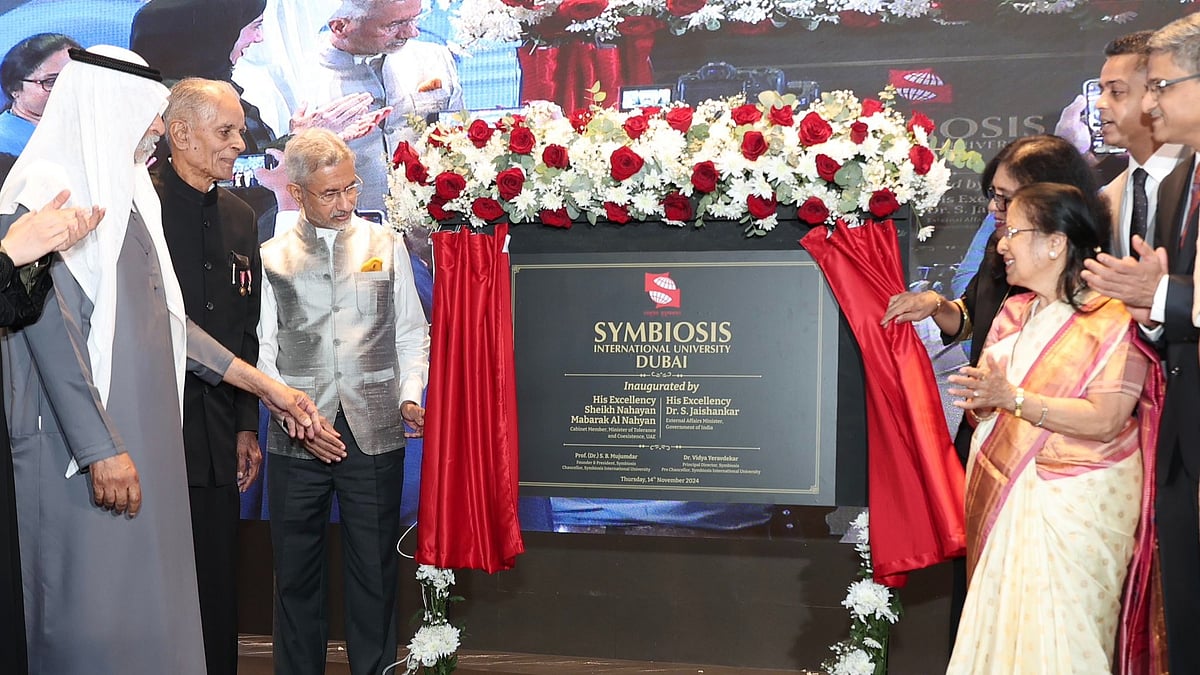The Manyavar ad featuring Alia Bhatt has been the talk of the cybertown for the past few days. Being a social media animal, there was no way I would have escaped watching this so-called controversial ad. Most of the things on the internet are consumed after one is informed that it has already turned into a controversy. We in our curiosity to figure out what exactly is the controversy, end up watching a lot of material that we really didn’t need to. But I am happy that I stumbled upon it.
The ad is a fine commentary on the discriminatory and alienating language — “paraya dhan”, “when you go to your sasural such behaviour won't be tolerated” — related to marriage that most women in our country grow up hearing.
At a time, when millennials and post-millennials are questioning the very concept of marriage, introducing trends like love-arranged marriage, weekend marriage and open marriage, it is shocking that a rather valid question on the problematic language around marriage and women would rile us up and result in malicious personal attack targeted at the actress featuring in it.
One of the criticism the ad has faced is that if the modern women have a problem with “regressive” rituals like kanyadaan, then they can simply opt for a court marriage. Why bother with traditional wedding ceremony at all! The premise of the argument is that women want it both ways — they want the grand scale of traditional wedding, and they also want to challenge the existing norms. To the regular Twitter troll, this might sound like a very powerful comeback that supposedly exposes the hypocrisy of the modern independent woman who wants to have it all.
However, such polemics wouldn’t convince any rational person with an ounce of ability for critical thinking. This argument assumes that women who question traditions like kanyadaan or the use of such alienating and regressive language inherently have a hatred for their culture. And second, the only two options available to an individual is either complete acceptance of a ritual or absolute shunning of it.
Most millennials usually do not rebel against the cultural, religious and social norms they have been trained to adhere to. In fact, many of us do like most things about our culture. We love our culture and rituals so much that we beg for it to reform itself, so that we can continue to enjoy it, while not compromising on our progressive values.

The Manyavar ad is a plea, not a diktat, to reform, to re-consider, to include a new point of view about marriages and how women are perceived in it. It is also a call to attention to the fact that if rituals and traditions want to remain relevant, they must be accommodative of the changing needs of the current generation. Be it gay weddings being performed in the presence of a priest, or marriages being solemnised by women priests — these are not signs of threat to our culture, but an indication that it is thriving and ever evolving.If there is a pushback from the conservative end of the conversation against millennial assertion to refashion the very language of following rituals and traditions around marriage, the other end will also not give into polemics like “why don’t you opt out of the system altogether”.
If one side shows their commitment and respect to their roots by blindly adhering to established norms and being triggered by its mildest criticism, the progressive end will show its devotion by continuing to reform it and making it accessible and attractive to more and more people.
The despicable attack on the Manyavar ad exposes the narrow mindedness with which we view tradition and culture. But the very fact that the ad was conceptualised, articulated, released and mainstreamed by a leading actress of our generation also goes on to show that reforms and questioning will always be part of our cultural ethos.
(The writer is a mental health and behavioral sciences columnist, conducts art therapy workshops and provides personality development sessions for young adults. She can be found as @the_millennial_pilgrim on Instagram and Twitter.)














